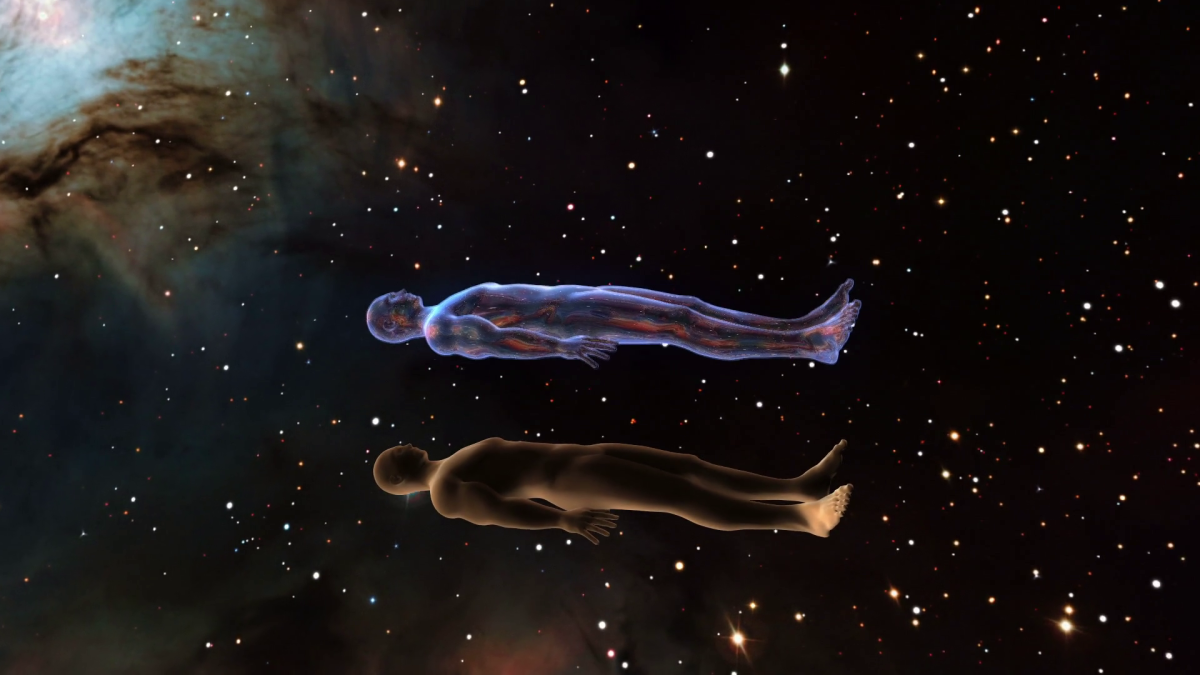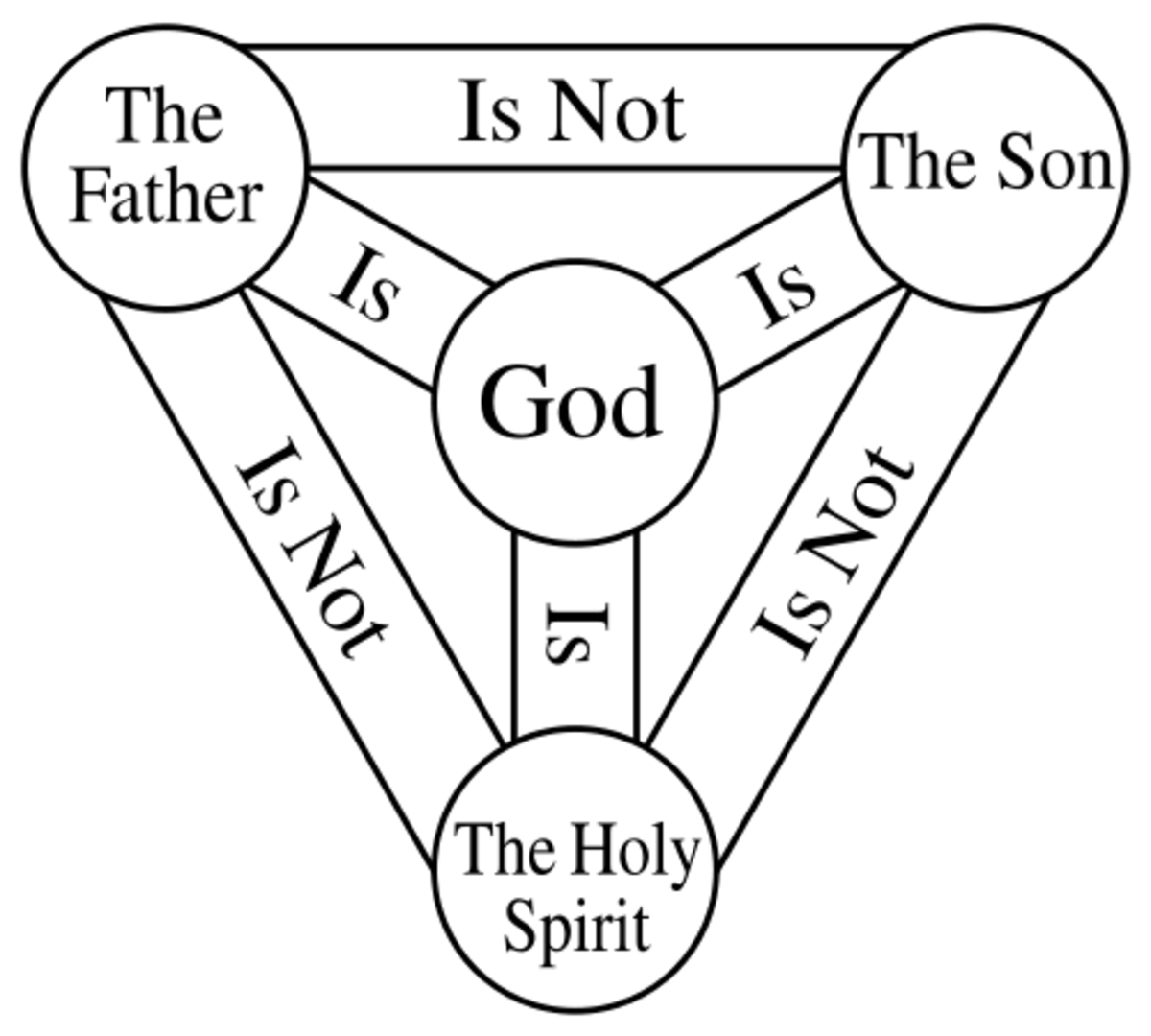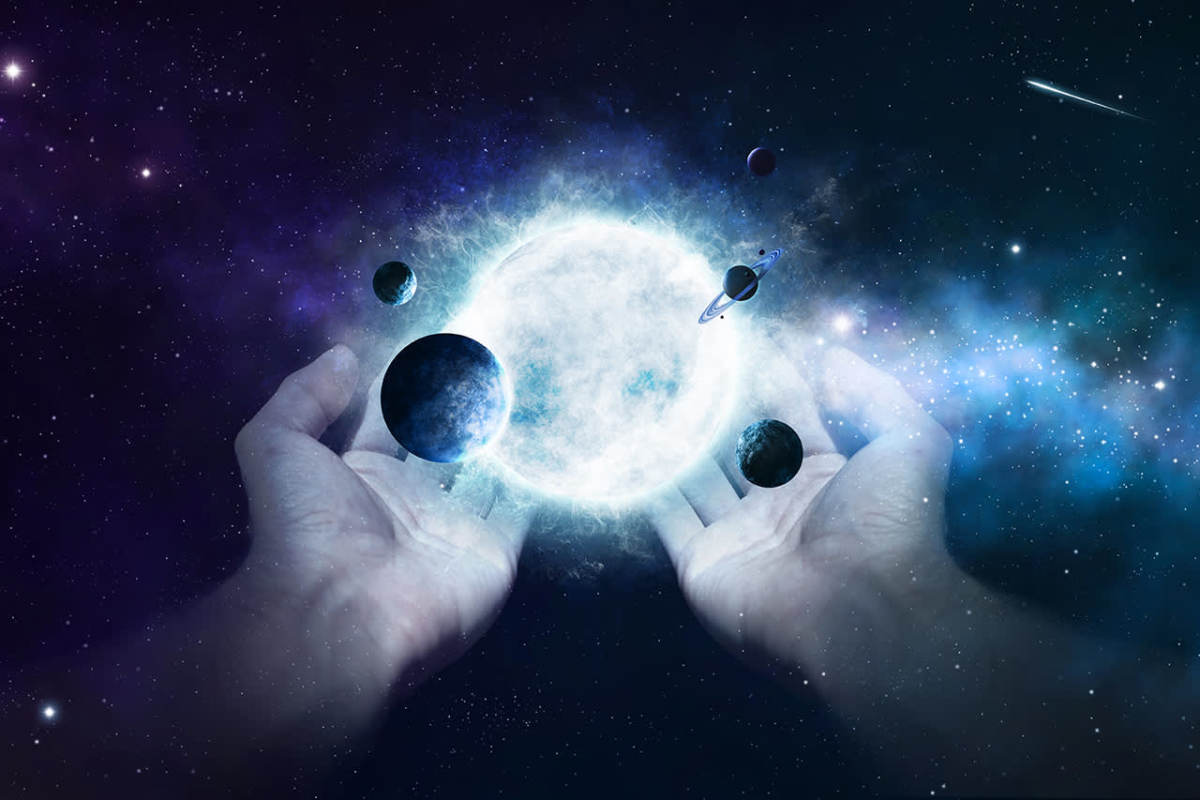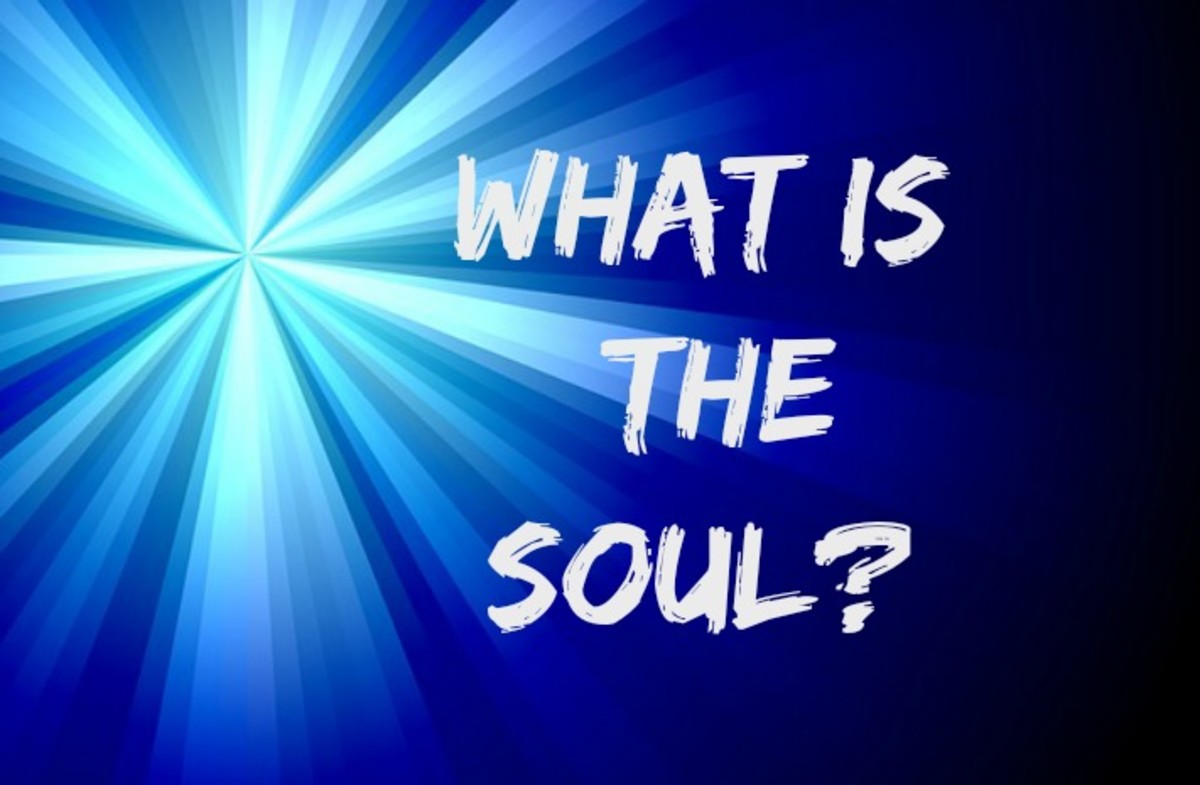Plato and The Soul

Plato’s theory of forms states that everything has a form. For example, books, trees, cats, etc. However, every book is different. Not one looks exactly the same or is exactly the same. They come in different shapes sizes and colours. So the question is, how do we know a book is a book? Plato uses this question to reinforce his theory that everything has a form, or in simpler terms a mould or template. This is the basic shape of all objects and allows us to differentiate between different things. These are all physical things, but Plato also uses it to talk about non-physical things as well. In his book, ‘The Republic’, which is about his ideas on how a political society should be run, he talks about the forms of beauty and justice as inferior forms. This is because they are based on an opinion. For example, some people might say that a daffodil is beautiful because of its bright yellow colours, but others may say that it is ugly because it is a weed. Which is right? They both can’t be. Plato says that neither are correct. The daffodil is a form by itself, just as its template, but opinions are forms too. So someone may see in the realm of ideas that a daffodil is beautiful, whereas others may find the form of ‘ugly’ in the realm of ideas and insinuate that. Neither is right or wrong, which is why it is difficult to define such things as the perfect ‘beauty’ or the perfect ‘justice’ because we all have our own views on what that actually is.
While Plato makes this case on forms letting us know what is a book and what isn’t, many people ask, how do we know this if we have never actually seen its form before. This is where Plato’s theory about the soul comes in. He believes in reincarnation. He says that when we die, our soul leaves our body into another life and is reborn into a new body, back into this world again. This is how he explains that we already have the knowledge because we have it from a previous life. To argue against those who will say that that is not possible because it would mean a young child would always be right and not get anything wrong is that although we have the knowledge inside of us, we don’t remember it and so need education to bring it out of our subconscious memory to our conscious memory.
Plato theorised on the idea of opposites, saying that for something to exist, its opposite also has to exist. His exact words were “Are not all things which have opposites generated by our opposites?” For example you can’t have big without small, because otherwise you wouldn’t know what big is. You need something smaller to compare it with to know that it is big. This is the same with life and death. Plato explained that you could not live unless you die. The soul purpose of our existence is to die.
Before we are born, it is said that our souls actually exist, because it once lived inside a different body that had since past away. Then when we are born, our soul leaves the realm of ideas – so in a way dies once again – and comes into the physical world, where it will live for a period of time until that body has died and our soul once again moves on to the realm of ideas through a never ending cycle. This would not be possible if there were no such thing as death, because souls would never be able to leave the physical world, which would then make it impossible for another human to be born as there was no soul for it to take on.
The question is, is this theory sound? Was Plato talking a load of rubbish? And if so, does that make this concept laughable? In my opinion, even if someone does not agree with his ideas, they should still respect them because no only is he a great philosopher, he has reasons and explanations to back up his claims. The theory may sound preposterous but how else – or should it be said who else – can we explain the world around us? No one actually knows what is correct and incorrect in this world, but we need people to theorise about it to give existence some level of credibility. May that theory be correct or not does not altogether matter because we don’t have any real proof and never will. This is why Plato’s ideas should not be laughed at but respected like everyone’s beliefs are meant to be.
While I agree with many of Plato’s theories and believe that parts of his theory are indeed correct, some of his points raise questions in my mind, as did it with many people of his own time, such as his pupil Aristotle, who did not agree with his ideas.
First of all, I do agree with Plato’s theory of forms, both when he is speaking about the physical and the non-physical. This is because if we didn’t have a template of an object, we would never be able to tell what that object was because there are so many different variations of them. Aristotle thought we learnt this through Posteroiri, which is when you learn through experience, but to Plato’s theory is more sound due to the fact that if we learnt through experience we would have no prior knowledge on how to learn. We wouldn’t know how to learn if we did not have that basic instinct that told us how to do so, thus we would not learn anything and would never have been able to survive.
Though I agree with Plato’s idea of forms, I’m more questionable to his idea of opposites. Of course with cases of hot and cold, you need one to know what the other is, but there are some things in the physical world that do not have opposites. For example, wood does not have an opposite, yet it exists and has a form. I do not need anything else to compare it with to know that it is wood, I just know because of prior knowledge from a past life.
Plato believes strongly in the idea of life after death and that our souls live on in another world. If that world is the realm of ideas, or another completely different dimension, I do not know, so I can neither agree or disagree with that fact. I also believe in reincarnation like Plato, but not in quite the same way. Where as Plato believes our souls are the prior knowledge and what they pass down is the basic information they found out in past lives, I think that our souls sometimes – not all the time are reincarnated into another body. This is because I believe that our souls pass on actual personal memories more than basic information. There are only a handful of people in the world today who have memories of living before in a different life and can remember certain events that happened to them. Not everyone has that; this is why I do not believe it always happens. Only certain souls get reincarnated, while the others carry on to live in the next world, wherever that may be.
Plato would probably argue against this and ask how do we get our basic knowledge if it is not from reincarnation? My answer would be genetic knowledge. Like the theory of genetic memory, only not of events, but information. I believe our parents give this knowledge through our genes, which is why good mathematicians or scientists might go down through the family. They have gained a stronger understanding of that topic than others. This is also the same for why some people may be really bad at a particular topic; their parents may not have been very good at it. For those who exceed their parents, I would say they are the ones who get this information through experience and not genetics, which starts to side with Aristotle’s theory – only this way we have the building blocks to gain this knowledge.
My personal feeling about Plato’s theory is though I agree with parts of it, the other half seems to show a fear of death. By making the soul immortal, Plato is giving himself the comfort of the idea that he will always live on and die, because he will always come back. Two questions I would have to argue against his point that every newborn was given a previously existent soul would be how do new souls come into existence if only past souls are ever born? This leads to the second question of how did souls come into existence in the first place? No one knows the answer to this, but Plato’s theory that souls have always come from a past life, makes it more difficult to answer because how could a child have been born to begin with if there was not a previous soul for it to take?
In conclusion, Plato’s theory of the soul is that when our physical bodies are born we are receiving a past soul, which gives us the prior knowledge to recognise images from their forms, where as I believe only some souls are reincarnated so that new souls can be born and get the knowledge via genetics. While both theories have things to back them up, there is no proof, and it is impossible to get the truth because the truth is only found in the next world. We can pull theories out of the realm of ideas, but they are only ideas and cannot be proven. This means that nothing in the physical world is certain, which is why Plato says that the real world is in our imaginations, not what we see in front of us, that is just appearance, not reality.









